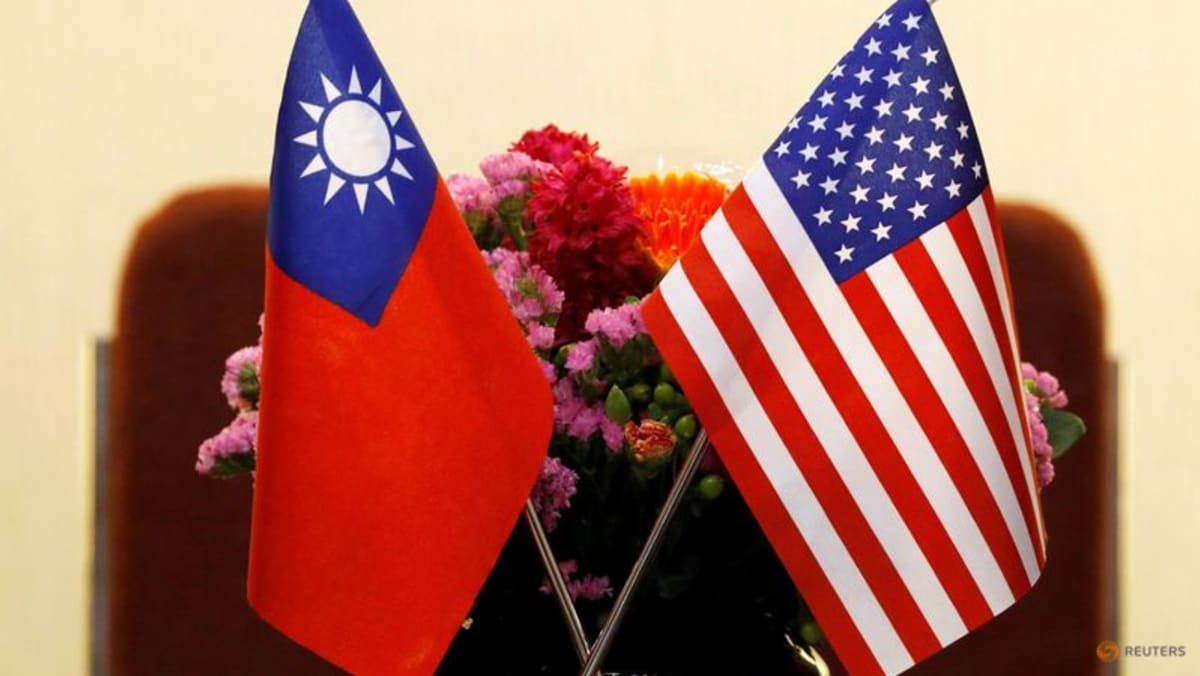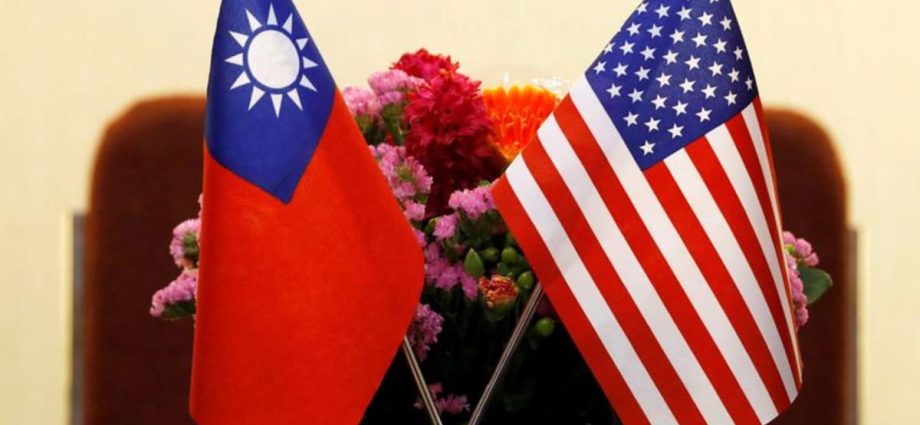
TAIWAN TO BE MAJOR TOPIC AT XI-BIDEN MEETING
A Japanese colony until the end of World War II, Taiwan split from China amid a civil war in 1949. China continues to claim the island as its territory, to be annexed by force if necessary, a threat it plays out on a near-daily basis by sending ships and warplanes into areas around the island. These acts of political intimidation have the potential to wear down the operational resiliency of the island’s military equipment and personnel. Taiwan has just a fraction of the air, sea, and missile power of China’s People’s Liberation Army, not to mention its ground forces, and relies heavily on young men doing their mandatory national service to fill its ranks.
However, Taiwan in recent years has invested heavily in upgraded arms purchases from the US, along with boosting its own defence industry, most notably building submarines that could undermine the Chinese naval threat. That has come partly in response to Chinese displays of force such as sailing aircraft carriers through the economically crucial Taiwan Strait and sending aircraft and drones to circle the island.
While the US has no military treaty with Taiwan, it is obligated under federal law to ensure the island can defend itself and to treat all threats to the island as matters of “grave concern”. That, along with Washington’s string of alliances from Japan to South Korea and the Philippines, and its refusal to recognize China’s claim to virtually the entire South China Sea, make the Taiwan Strait a potential powder keg should Chinese leader Xi Jinping seek to make good on his determination to unite what he views as China’s historical territory and cement his political legacy.
China primarily wants an end to US arms sales to Taiwan, including latest model F-16 fighter jets, and an assurance it will not give an electoral boost to the ruling pro-independence Democratic Progressive Party.

